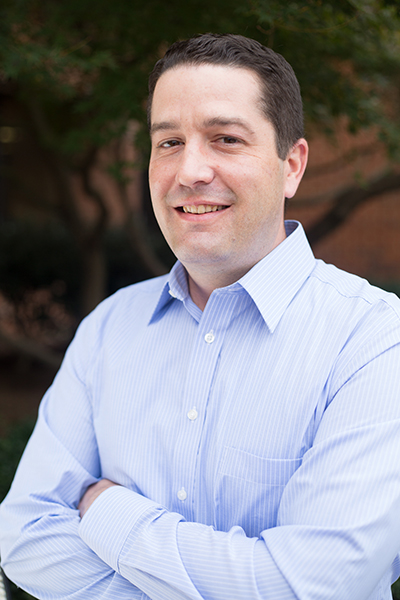 A clinical psychologist at the University of Alabama at Birmingham has been awarded a five-year, $2.5 million R01 grant by the National Institute on Aging to gather two additional waves of data for the first and only population-based study of older adults in Puerto Rico. This grant extends follow-up data of the Puerto Rican Elderly: Health Conditions study collection to between 16 and 20 years.
A clinical psychologist at the University of Alabama at Birmingham has been awarded a five-year, $2.5 million R01 grant by the National Institute on Aging to gather two additional waves of data for the first and only population-based study of older adults in Puerto Rico. This grant extends follow-up data of the Puerto Rican Elderly: Health Conditions study collection to between 16 and 20 years.
The study, “Aging in Puerto Rico: Longitudinal follow-up of the PREHCO Study,” is led by Michael Crowe, Ph.D., associate professor in the UAB Department of Psychology and director of the Psychology Honors Program. The primary goal is to examine life-course predictors of health outcomes such as cognitive impairment, disability and mortality. The project will contribute to knowledge about aging, stress and health in an understudied and potentially vulnerable population.
“In the past decade, Puerto Rico has experienced rapid population aging, financial collapse, mass outward migration of younger people, and then Hurricane Maria,” said Crowe, a geropsychologist. “As a researcher whose mother and extended family are from Puerto Rico, I am thrilled to contribute to our understanding of aging and health on the island.”
The original PREHCO study was an island-wide, longitudinal study investigating issues affecting individuals over 60 years of age in Puerto Rico, including health status, housing arrangements, education, income, work history, insurance and more. The first two waves of data were collected in 2002-2003 and again in 2006-2007.
The study will be a collaboration between UAB and the University of Puerto Rico, with additional researchers from the University of South Florida, University of Texas Medical Branch and University of Colorado Denver.